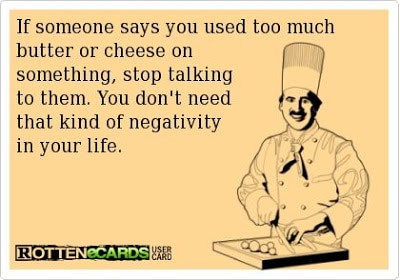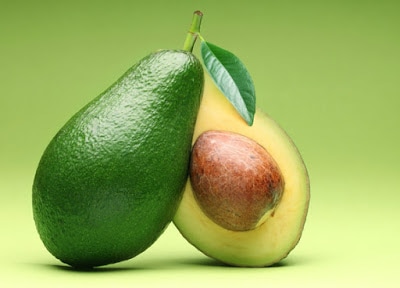But here’s the problem…Only 8% of those that set resolutions are successful in achieving them. That factor of 10 doesn’t really get us very far does it? The reality is that making change is really hard and there isn’t much of a way to get around that.
Maybe as February starts up, you’re starting to realize that your resolutions aren’t going as well as you thought they would. Perhaps it is harder than you thought it would be. Well here’s why….
Many of our behaviors are automatic or what we know as habits. Even though we think that we are making decisions as we go about our day and are fully conscious of our choices, this is not exactly the case. Some studies show that up to 40% of what we do is pre-programmed and automatic.
This is why habits can be tough to break. On average it takes 66 days for a new habit to become automatic and it can take up to 8 months.
Because we know how tough it can be, we really focus on how best to support our clients with setting goals and making changes to the habits that support those goals. If you are struggling with your resolutions, try some of these ideas that we find effective:
- We help our clients get in touch with why they want to make change and understanding what the tipping point was for them. Knowing this makes it easier to stay on track when the going gets tough.
- We analyze and dissect the habits that are getting in the client’s way. This deeper understanding makes it easier to break the habit.
- We tackle things one thing at a time or in manageable chunks. It is rare that I see someone completely overhaul their life in one fell swoop and it be a sustainable change.
- We don’t expect instant success. It can be a process and so we are there to help get clients back on track without beating themselves up.
- We educate about the benefits of the new habits we are working on and how they will help support the client’s end goal.
- We help identify potential problems that may come up and make plans to tackle them.
- We offer support and encourage clients to get support elsewhere too.
- We suggest using rewards and celebrations as motivator.
If you’re realizing you need more support with your resolutions around your health and nutrition, we’d love to help.




 RSS Feed
RSS Feed
